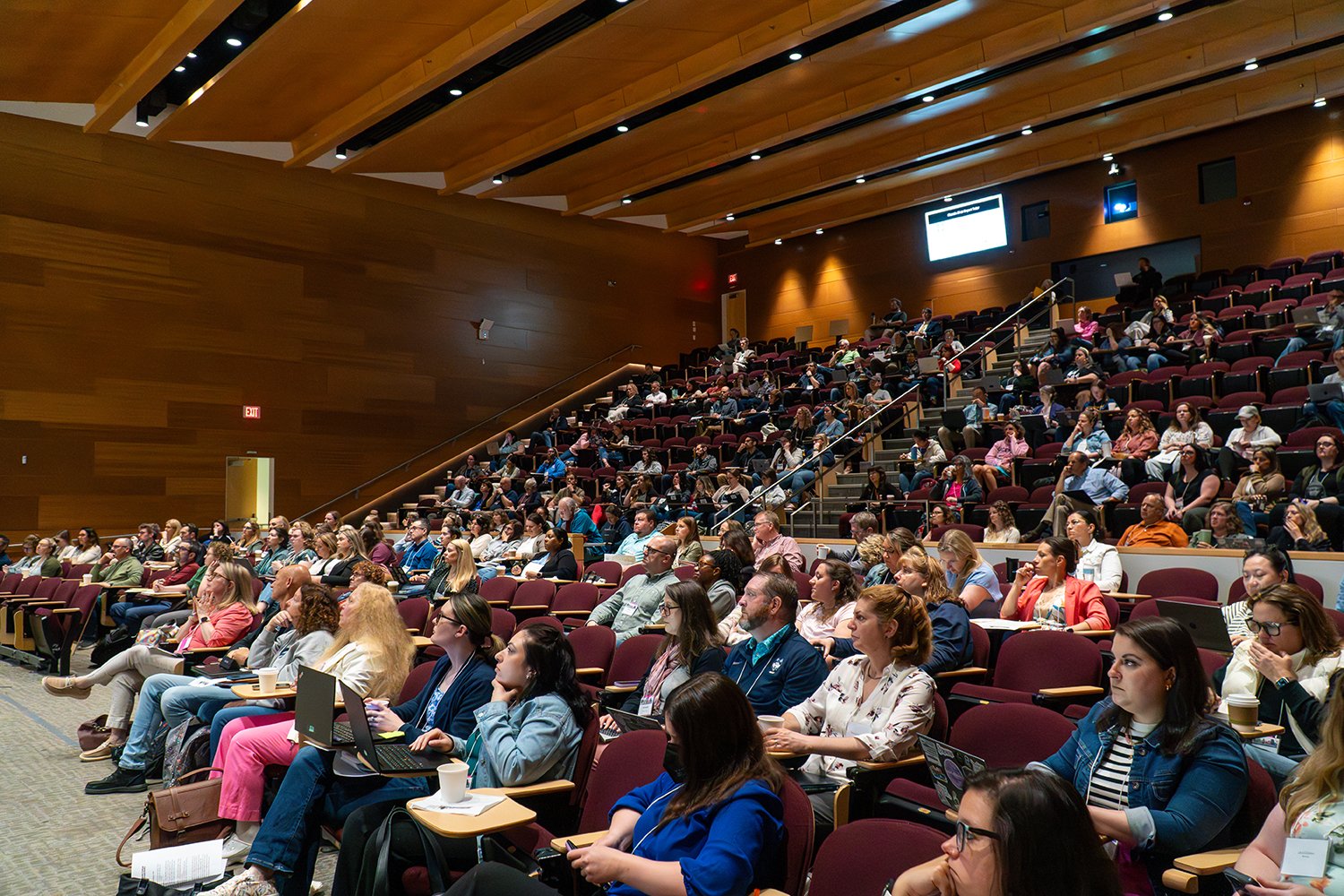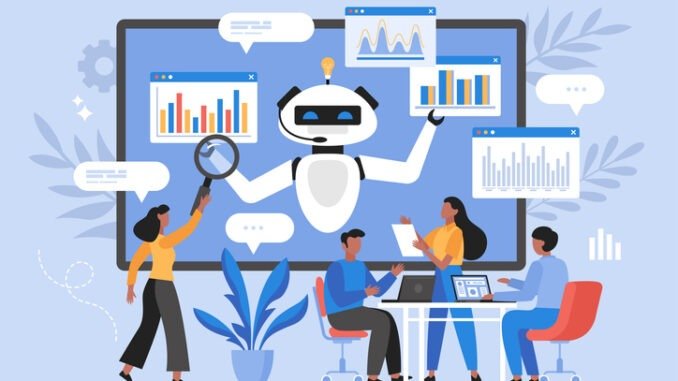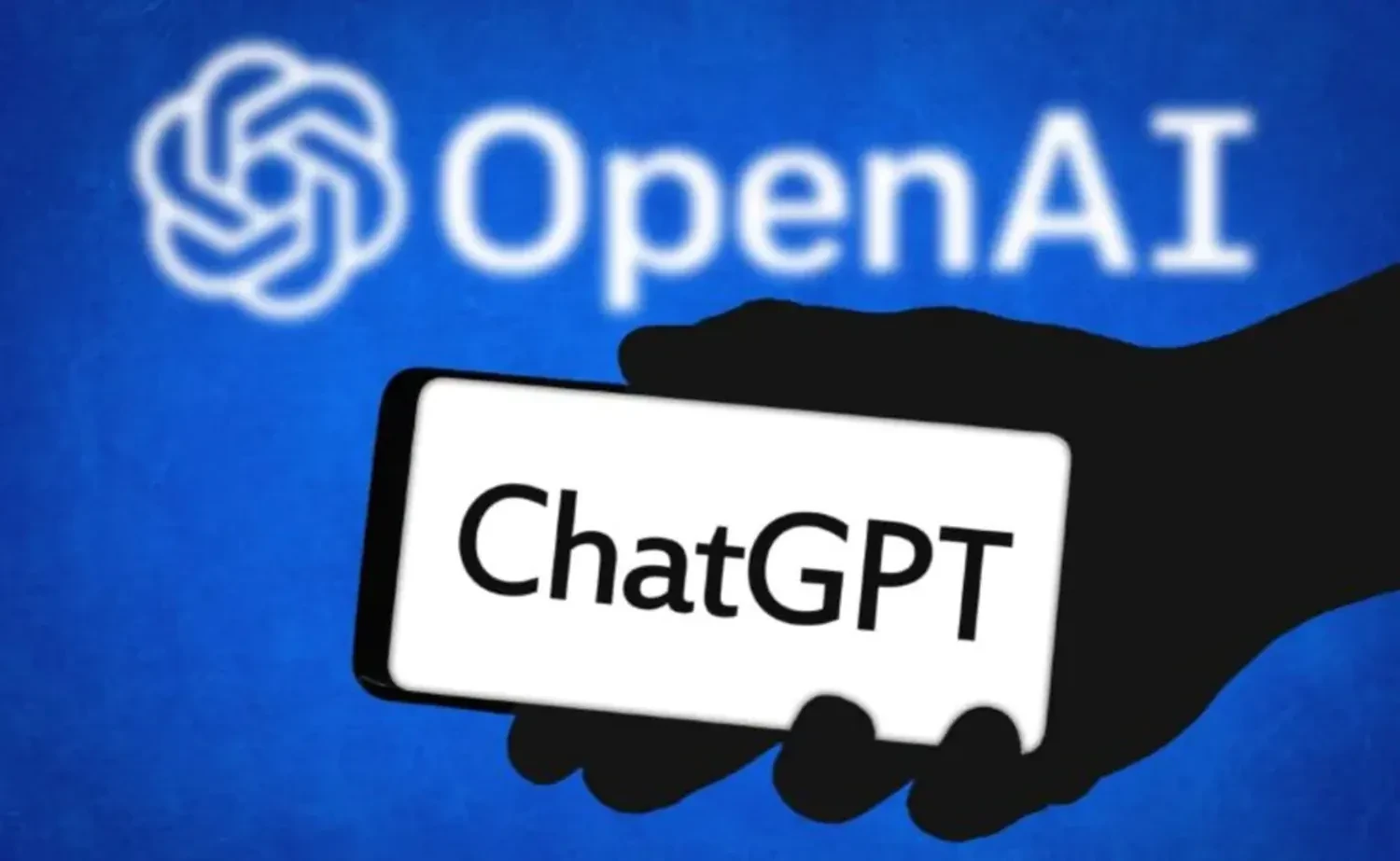Education
AI in K-12 Education: Partners in Progress, Not Replacements – UConn Today

Education
Why Every School Needs an AI Policy

AI is transforming the way we work but without a clear policy in place, even the smartest technology can lead to costly mistakes, ethical missteps and serious security risks
CREDIT: This is an edited version of an article that originally appeared in All Business
Artificial Intelligence is no longer a futuristic concept. It’s here, and it’s everywhere. From streamlining operations to powering chatbots, AI is helping organisations work smarter, faster and more efficiently.
According to G-P’s AI at Work Report, a staggering 91% of executives are planning to scale up their AI initiatives. But while AI offers undeniable advantages, it also comes with significant risks that organisations cannot afford to ignore. As AI continues to evolve, it’s crucial to implement a well-structured AI policy to guide its use within your school.
Understanding the Real-World Challenges of AI
While AI offers exciting opportunities for streamlining admin, personalising learning and improving decision-making in schools, the reality of implementation is more complex. The upfront costs of adopting AI tools be high. Many schools, especially those with legacy systems, find it difficult to integrate new technologies smoothly without creating further inefficiencies or administrative headaches.
There’s also a human impact to consider. As AI automates tasks once handled by staff, concerns about job displacement and deskilling begin to surface. In an environment built on relationships and pastoral care, it’s important to question how AI complements rather than replaces the human touch.
Data security is another significant concern. AI in schools often relies on sensitive pupil data to function effectively. If these systems are compromised the consequences can be serious. From safeguarding breaches to trust erosion among parents and staff, schools must be vigilant about privacy and protection.
And finally, there’s the environmental angle. AI requires substantial computing power and infrastructure, which comes with a carbon cost. As schools strive to meet sustainability targets and educate students on climate responsibility, it’s worth considering AI’s footprint and the long-term environmental impact of widespread adoption.
The Role of an AI Policy in Modern School
To navigate these issues responsibly, schools must adopt a comprehensive AI policy. This isn’t just a box-ticking exercise, it’s a roadmap for how your school will use AI ethically, securely and sustainably. A good AI policy doesn’t just address technology; it reflects your values, goals and responsibilities. The first step in building your policy is to create a dedicated AI policy committee. This group should consist of senior leaders, board members, department heads and technical stakeholders. Their mission? To guide the safe and strategic use of AI across your school. This group should be cross-functional so they can represent all school areas and raise practical concerns around how AI may affect people, processes and performance.
Protecting Privacy: A Top Priority
One of the most important responsibilities when implementing AI is protecting personal and corporate data. Any AI system that collects, stores, or processes sensitive data must be governed by robust security measures. Your AI policy should establish strict rules for what data can be collected, how long it can be stored and who has access. Use end-to-end encryption and multi-factor authentication wherever possible. And always ask: is this data essential? If not, don’t collect it.
Ethics Matter: Keep AI Aligned With Your Values
When creating an AI policy, you must consider how your principles translate to digital behaviour. Unfortunately, AI models can unintentionally amplify bias, especially when trained on datasets that lack diversity or were built without appropriate oversight. Plagiarism, misattribution and theft of intellectual property are also common concerns. Ensure your policy includes regular audits and bias detection protocols. Consult ethical frameworks such as those provided by the EU AI Act or OECD principles to ensure you’re building in fairness, transparency and accountability from day one.
The Bottom Line: Use AI to Support, Not Replace, Your Strengths
AI is powerful. But like any tool, its value depends on how you use it. With a strong, ethical policy in place, you can harness the benefits of AI without compromising your people, principles, or privacy.
Education
The Impact of AI on Education: How ChatGPT and Other Tools Are Changing Learning

Artificial intelligence can become a tool in the development of education, in particular, to help create individual learning paths for Ukrainian students, but it is important to be aware of the risks of its incorrect use. Yevhen Kudriavets, First Deputy Minister of Education and Science, told UNN correspondent about this.
Details
“I think that first of all, we should say that any technology definitely contributes to the development of systems, including the educational system. But the question is how we will use it, positively or negatively. Positively, artificial intelligence can definitely help analyze a lot of information and get exactly what you need at the moment to acquire knowledge. But at the same time, the advantage that intelligence gives is that it can help build individual educational trajectories faster than a teacher would do it separately. Because we understand that, for example, for 3.5 million students in Ukraine, an individual trajectory is needed for everyone,” Kudriavets said.
According to him, today it is difficult to build with human efforts, but artificial intelligence can help with this.
Most employees in Ukraine regularly use AI in their work
06.06.25, 18:17 • 2947 views
“Of course, there are downsides, negative aspects. This includes the issue of ethical use of artificial intelligence, so that it does not directly replace the educational process. And here we just need to look for ways to combat and resolve this,” Kudriavets added.
He emphasized that schoolchildren themselves must understand why they need to use artificial intelligence.
“It seems to me that they can still give us advice on how to use artificial intelligence correctly. But the key is to answer the question of why and for what purpose I am using it. That is, it is not about prohibiting or giving some rules on how to use it. It is about why, because if you have a goal, and you do not use this research after that for this goal, you achieve your goal, great. If you cheat and deceive, and as a result your goal is to get a grade and not get knowledge, then of course, you will not achieve your goal in getting an education,” Kudriavets emphasized.
AI assistant launched on Diia portal in Ukraine01.09.25, 16:37 • 2337 views
Education
David Bong, CEO & co-founder of Avant Assessment

Introduce yourself in three words or phrases.
Innovative, empathetic, determined
What do you like most about your job?
Every day brings a new experience with a language or language community in the US or somewhere else in the world for the 150 languages we assess. It never gets old exploring creative ways to expand opportunities for learners, teachers, and test-takers through innovative assessment, learning technologies, and pedagogies.
Best work trip/Worst work trip?
Best: This June, I attended EdTech Week in London – a full week of thought-provoking sessions on how entrepreneurs are reshaping learning and teaching. Conversations with fellow innovators from all over the world, including The PIE’s own CEO Amy Baker, sparked countless ideas for growing our services. The weather was glorious, and staying on London’s vibrant East Side showed me a whole new incredibly rich and diverse face of the city.
Worst: I’ve had a few challenging trips, but I genuinely love travel. Even the tough ones offer valuable lessons.
If you could learn a language instantly, which would you pick and why?
Brazilian Portuguese – it feels like the voice is dancing with every word. It’s such a contrast to my second language, Japanese, which I deeply love. It would be wonderful to have the ability to speak two such different and beautiful languages. Brazil’s fast-growing economy and strong demand for both English and Spanish learning and assessment make Portuguese not only beautiful, but strategically valuable for business.
What makes you get up in the morning?
Our remarkable global team. They amaze and inspire me every day.
Champion/cheerleader which we should all follow and why?
In a world without many inspiring political leaders, I admire the courage, determination, and leadership of Volodymyr Zelensky. As far as a leader in reporting on technology and how it impacts global society, business, and education: Azeem Azhar consistently provides the most insightful analysis I have found.
Worst conference food/beverage experience
I won’t comment on the worst, but if I could humbly say, the best was the spread of Polish food our company put on for our party at the Polish Museum of America in Chicago during the US national language conference in 2023.
Book or podcast recommendation for others in the sector?
AI is the biggest topic out there everywhere, including EdTech. Although it was written before ChatGPT exploded on the scene, I found this book incredibly helpful in understanding both the fundamental principles of AI, and the history of how it has evolved since it was first discussed in 1954 at Dartmouth College. ‘Artificial Intelligence: A Guide for Thinking Humans’ by Melanie Mitchell. As a history major in college learning the context of where it started to where it is today gave me a good feel for the trajectory of this powerful technology.
A classic book on EdTech I would recommend is Clayton Christensen’s 2008 book ‘Disrupting Class: How Disruptive Innovation Will Change the Way the World Learns’. A personal lesson for me from the book: even proven technologies take years to gain traction in education, and that the change will only come from around the margins. As the developer of ELPA in 2004, the first online test of English for English Language Learners for the Oregon Department of Education, we assumed that departments across the US would quickly adopt online testing given the many advantages that it provided. Instead, it took the Covid crisis to finally push online testing to be used throughout the US education system.
Describe a project or initiative you’re currently working on that excites you.
In 2022 we created Mira, our AI-powered language learning and assessment platform. This summer we launched Mira Stride, a formative assessment that uses AI to instantly analyae English Language learners’ use of language, provide individualised reports on the strengths and challenges for the learners, and identify concrete measures that teachers can use to address each learner’s challenges. I am constantly amazed by the power of properly harnessed AI technologies to personalise and accelerate language learning.
-

 Business2 weeks ago
Business2 weeks agoThe Guardian view on Trump and the Fed: independence is no substitute for accountability | Editorial
-
Tools & Platforms1 month ago
Building Trust in Military AI Starts with Opening the Black Box – War on the Rocks
-

 Ethics & Policy2 months ago
Ethics & Policy2 months agoSDAIA Supports Saudi Arabia’s Leadership in Shaping Global AI Ethics, Policy, and Research – وكالة الأنباء السعودية
-

 Events & Conferences4 months ago
Events & Conferences4 months agoJourney to 1000 models: Scaling Instagram’s recommendation system
-

 Jobs & Careers2 months ago
Jobs & Careers2 months agoMumbai-based Perplexity Alternative Has 60k+ Users Without Funding
-

 Podcasts & Talks2 months ago
Podcasts & Talks2 months agoHappy 4th of July! 🎆 Made with Veo 3 in Gemini
-

 Education2 months ago
Education2 months agoMacron says UK and France have duty to tackle illegal migration ‘with humanity, solidarity and firmness’ – UK politics live | Politics
-

 Education2 months ago
Education2 months agoVEX Robotics launches AI-powered classroom robotics system
-

 Funding & Business2 months ago
Funding & Business2 months agoKayak and Expedia race to build AI travel agents that turn social posts into itineraries
-

 Podcasts & Talks2 months ago
Podcasts & Talks2 months agoOpenAI 🤝 @teamganassi

